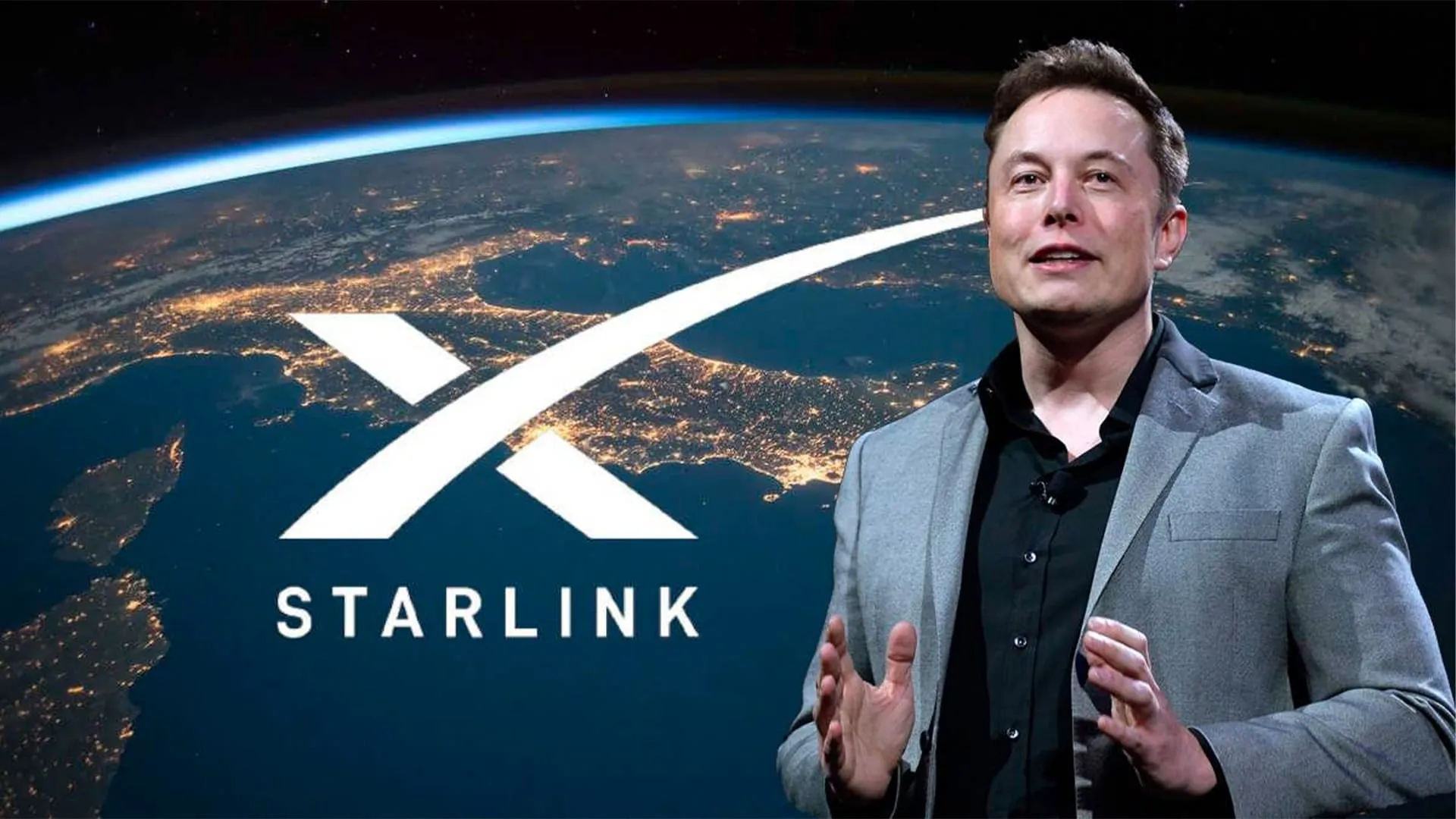Elon Musk's Starlink Satellites Impact Astronomy Significantly

Interference from Starlink Satellites Complicating Astronomical Research
Researchers in the Netherlands are raising alarms about Elon Musk's Starlink satellites, claiming they are negatively affecting our ability to observe the cosmos. As Starlink expands its network, the interference with radio telescopes has reached unprecedented levels according to a study by the Netherlands Institute for Radio Astronomy (ASTRON).
Impact of V2 Starlink Satellites on Radio Astronomy
- Second-generation Starlink satellites are allegedly blinding radio telescopes, obstructing observations of black holes and distant galaxies.
- Interference levels from the new V2 satellites are reported to be 32 times stronger than the first generation.
- The research from the LOFAR radio telescope showed emissions 10 million times brighter than the faintest cosmic signals.
Call for Action and Regulation
Jessica Dempsey, ASTRON Director, emphasized the urgent need for action as SpaceX continues launching around 40 new satellites weekly. With approximately 6,400 satellites in orbit already, the scientific community is advocating for stronger regulations to safeguard vital astronomical research.
This article was prepared using information from open sources in accordance with the principles of Ethical Policy. The editorial team is not responsible for absolute accuracy, as it relies on data from the sources referenced.